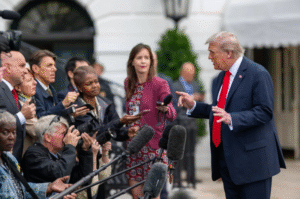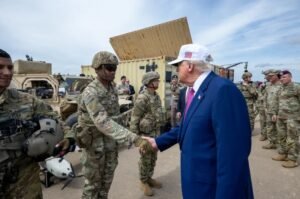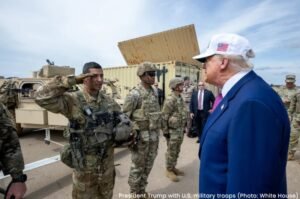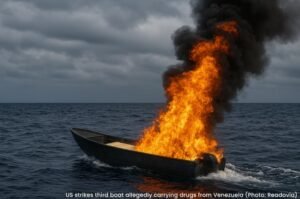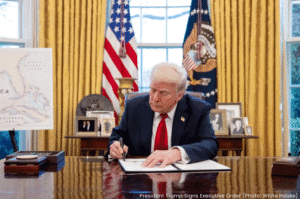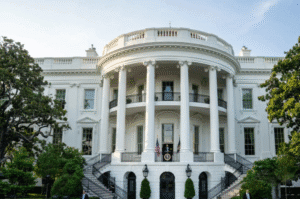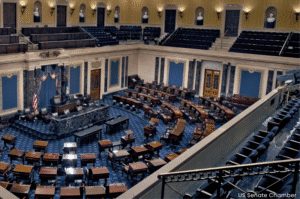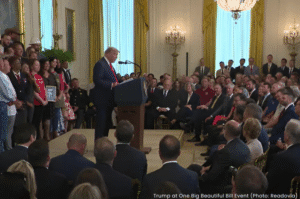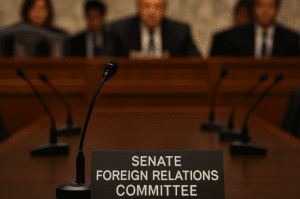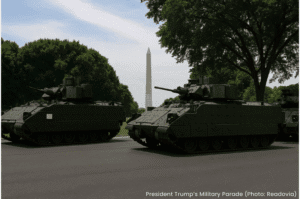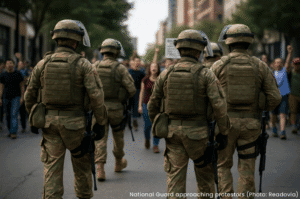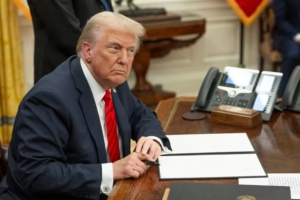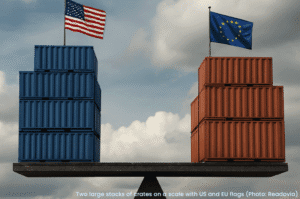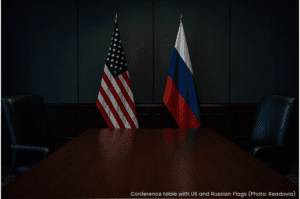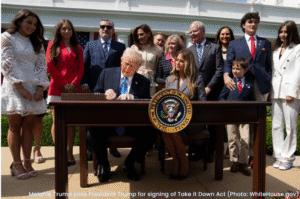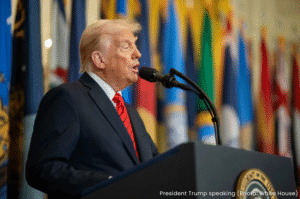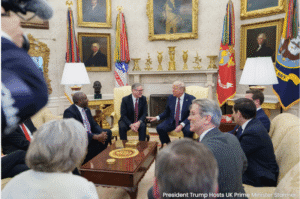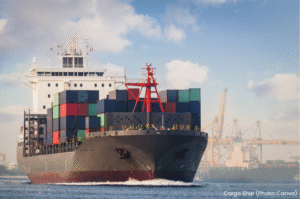The U.S. military has confirmed that a third Venezuelan-linked boat was destroyed in the Caribbean, marking the latest escalation in Washington’s campaign against suspected drug-smuggling operations. The strike follows earlier incidents on Sept. 2 and Sept. 15, bringing the total to three vessels sunk this month. Officials report at least 14 deaths across the operations.
A Campaign Against Narco-Trafficking
The administration says the vessels were part of narco-trafficking networks—organized groups that produce, transport, and sell illegal drugs. Narco-trafficking is more than smuggling; it involves growing or manufacturing narcotics, moving them through covert routes, and distributing them through criminal syndicates. These networks often rely on violence and corruption to protect their operations.
According to U.S. defense officials, the targeted boats were believed to be carrying drugs or assisting in drug shipments across the Caribbean. However, no public evidence has been presented, raising questions about the legitimacy of the strikes.
Rising Legal and Political Tensions
Lawmakers and international observers are increasingly divided. Supporters argue the military actions send a strong message to traffickers and deter criminal activity. Critics counter that striking foreign-flagged boats on the high seas, without presenting proof of narcotics onboard, could breach international law and destabilize already fragile U.S.–Latin American relations.
A Growing Standoff
The Venezuelan government has yet to issue a formal response, but the strikes come amid already strained ties between Washington and Caracas. Analysts warn that continued confrontations at sea could escalate into a broader regional conflict if diplomacy fails to catch up with military action.
For now, the Caribbean remains on edge—caught between America’s war on narco-trafficking and Venezuela’s defiance in the face of U.S. pressure.
The Author

Ellis Grant
Staff Writer, Readovia








